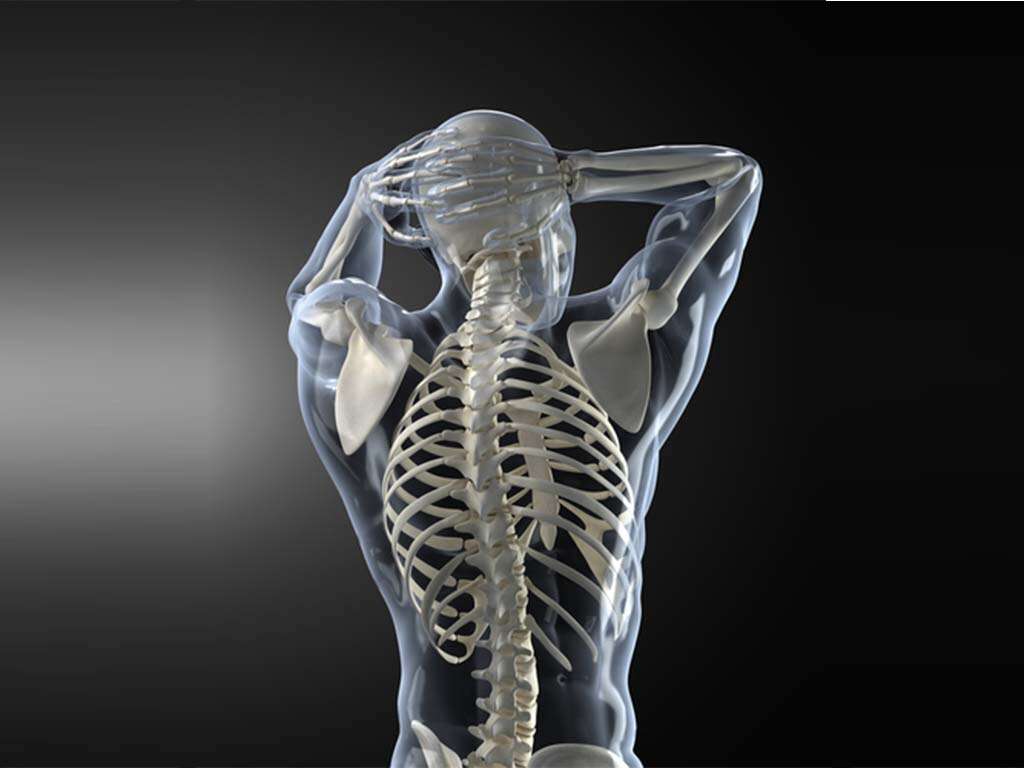Spirulina: 10 Benefits of Spirulina
Spirulina is a blue-green microalgae, cyanobacteria. In North America, the use of spirulina as a nutritious food dates back as far as the Aztecs in 16th century Mexico. Nowadays, it has regained popularity as a superfood after NASA began using spirulina for their astronauts.
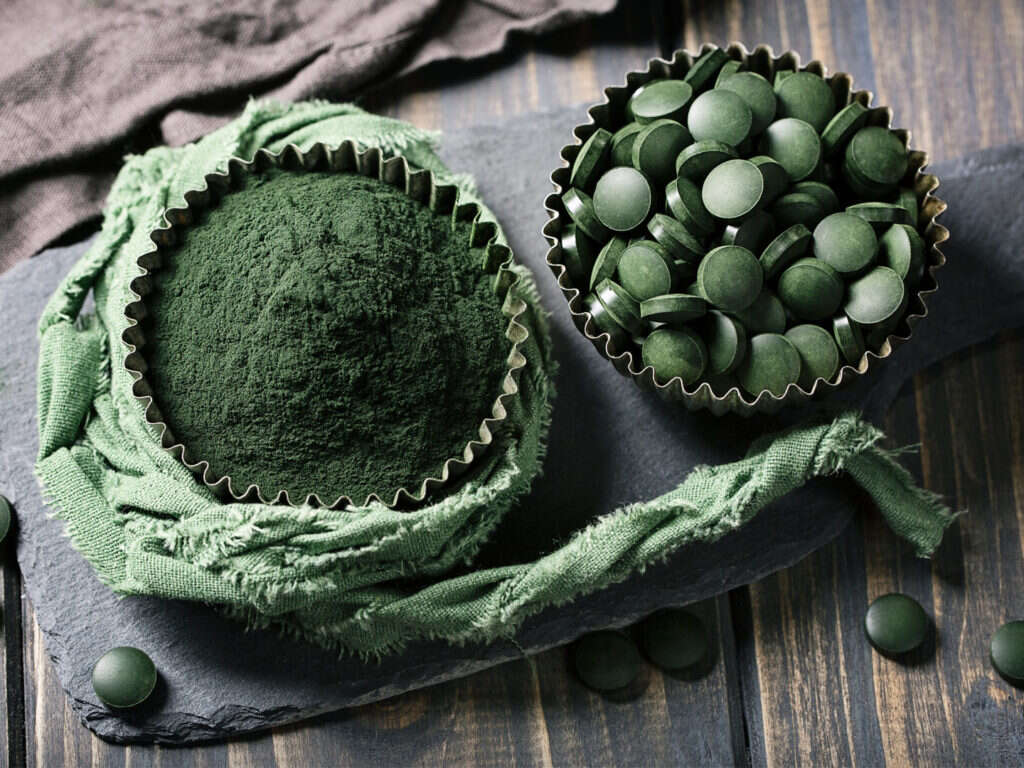
Spirulina Benefit #1: Candida
Spirulina powder can help restore balance in a candida filled gut. The key concept of spirulina treatment is understanding that spirulina is beneficial cyanobacteria, rather than a pathogen like candida. As good bacteria repopulate the intestines, candida yeast is crowded out of the digestive system. This promotes healing.
Initially, there may be a temporary flare up of symptoms as there is an increase of microorganisms added into the GI tract. This occurs as the beneficial bacterium begin to rebalance the gut environment and remove candida yeast out of the system. For the best results, mix spirulina in water with minimal amounts of sugar since sugar can promote candida growth.
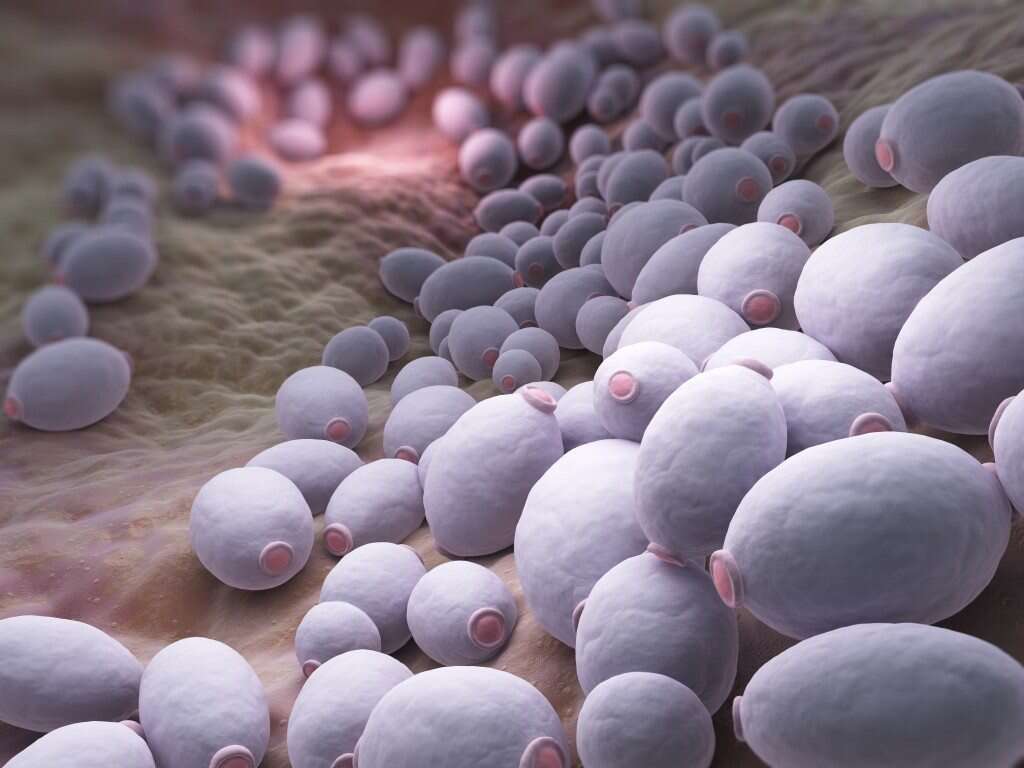
Spirulina Benefit #2: Blood Pressure
High blood pressure is an important catalyst of many killer diseases. This includes heart attacks, strokes, and chronic kidney diseases. Phycocyanin is a pigment found in the spirulina that scientists have discovered possesses antihypertensive effects. In other words, it reduces blood pressure.
When consuming spirulina for therapeutic reasons, quantity is important. For reducing blood pressure, 4.5 grams or more of spirulina powder is necessary to see effects. It is believed that consuming spirulina increases the production of nitric oxide, thus signaling a molecule that helps the blood vessels relax and dilate.

Spirulina Benefit #3: Lower Cholesterol & Triglyceride Levels
Spirulina is rich source of niacin with 12.82mg niacin (64% of the recommended daily allowance). Niacin has been known to reduce triglyceride levels in the bloodstream, in addition to LDL cholesterol. High triglyceride levels directly correlate to an increased risk for stroke in adults and elderly population.
Niacin works to remove triglycerides the same way it reduces LDL cholesterol, by aiding in the transport of these lipids to the liver for metabolization. While statins are better at reducing triglyceride and LDL cholesterol levels, the benefit of using niacin is its role in also increasing HDL. Although niacin is not necessarily the primary “go-to” vitamin for reducing triglycerides, it is commonly used in conjunction with other medications. Niacin is especially effective when taken with omega-3 fatty acids, a nutrient spirulina also has.
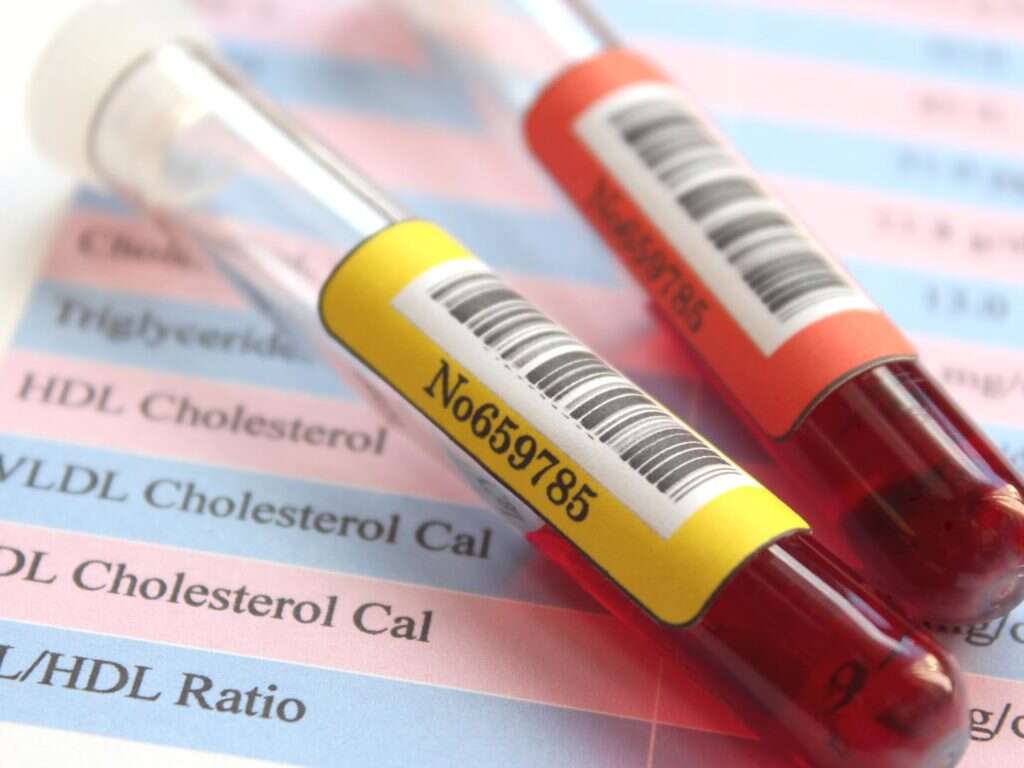
Spirulina Benefit #4: Memory Loss
Spirulina contains a considerable amount of omega-3 and omega-6 fatty acids. In addition to omega-3 fatty acids, omega-6 fatty acids play a crucial role in brain function, as well as normal growth and development. With the omegas, researchers believe that since the brain is receiving a direct source of energy, the fatty acids in spirulina improves the memory in older patients. The patients studied saw an improvement in their ability to recall important information.
A spirulina-enhanced diet provides neuroprotection, resulting in the positive effects of spirulina on memory dysfunction, oxidative stress damage and antioxidant enzyme activity. Neuroprotection occurs because spirulina prevents memory loss by reducing oxidative damage.

Spirulina Benefit #5: Anemia
Anemia is one of the most common health conditions with more than 3 million Americans affected. It occurs as there is a decreased amount of red blood cells circulating in the body. Symptoms of anemia include fatigue, headache, and pale skin.
There are many different types of anemia with iron-deficiency anemia being the most common form. Fortunately, spirulina is very rich in bioavailable iron. Taking a few grams of spirulina per day can decrease and eradicate iron deficit symptoms. 100 grams of spirulina provides 28.5 mg of iron, making it a great vegan iron source.

Spirulina Benefit #6: Heart Health
Heart disease affects almost half of Americans and may claim the lives of almost a quarter of the population, making heart disease the leading cause of death in the United States. One aspect of spirulina that aids in heart health is its vitamin K content. 100 g of spirulina contains 25.5 ug of vitamin K.
The vitamin K found in spirulina is beneficial for heart health by preventing the arteries from hardening. It is also believed to reverse arterial calcification. Arterial calcification, when calcium deposits build up in the arteries, occurs in most people 60 years and older. On top of the vitamin K, spirulina has iron, manganese, copper, zinc, and niacin.

Spirulina Benefit #7: Antioxidants
Antioxidants are essential to fighting against cancer causing agents called free radicals. Spirulina contains phycocyanin, an antioxidant that can help to reduce oxidative cell damage. Phycocyanin is responsible for the blue-green color of spirulina. Phycocyanin works by inhibiting the production of inflammatory signaling molecules, providing impressive antioxidant and anti-inflammatory effects.
When spirulina is exposed to light for long periods of time, polyphenolic compounds are increased. There is evidence supporting the role of polyphenols in disease prevention through fighting free radicals and oxidative damage.

Spirulina Benefit #8: Vitamins
The nutritional profile of spirulina powder goes beyond probiotics and antioxidants to include the B vitamins thiamin, pantothenic acid and B6. The water-soluble B vitamins work together to regulate important bodily functions in the cardiovascular system, endocrine system, and digestive system. Thiamine is used to digest and extract energy from food by turning nutrients into usable energy.
Vitamin B6 is involved in more than 100 enzyme reactions, mostly concerning protein metabolism. Consuming too much vitamin B6 from food does not seem to have a negative effect in the body, whereas having a deficiency can result in anemia, weakened immune system, depression, and confusion.
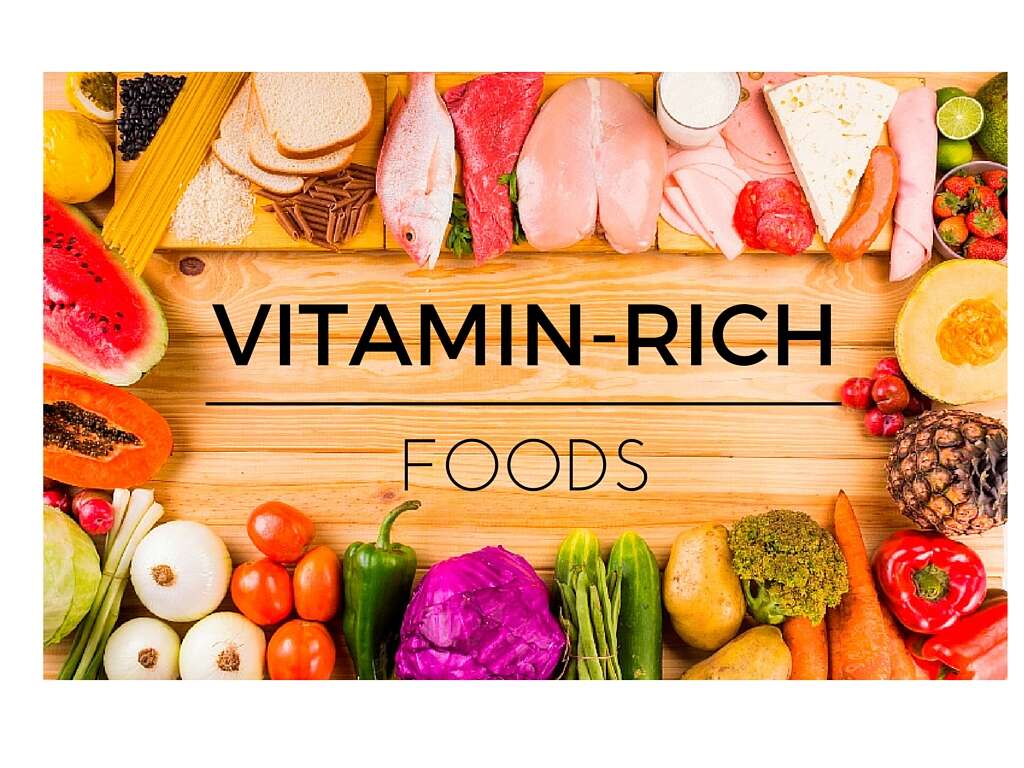
Spirulina Benefit #9: Reduce Muscular Fatigue
Muscular fatigue is often a result of exercise-induced oxidative damage. Fortunately, spirulina’s antioxidant properties can help athletes and physically active individuals minimize this damage. Numerous studies have shown spirulina as beneficial increase muscle strength and/or endurance.
Similar to how spirulina helps with reducing blood pressure, as nitric oxide is increased, the smooth muscle cells of blood vessels dilate, allowing more blood to flow through. More blood flow means more oxygen and nutrients your muscles can get to fuel workouts, repair post-workout damage and recover more quickly.

Spirulina Benefit #10: Bone Health
Potassium is a mineral found abundantly in spirulina and is particularly beneficial to bone health. 100 grams of spirulina powder contains 1363 mg of potassium. Potassium helps to protect bone deposition by neutralizing bone-depleting metabolic acids that can lead to osteoporosis.
Additionally, spirulina is high in vitamin K and magnesium which work synergistically to replace old bone with new bone. Vitamin K can help regulate the production of new bone cells while retaining the integrity of the bones. When used in conjunction with calcium and magnesium, the risks of developing osteoporosis decrease greatly. One contributing factor is that calcium and potassium work together protect against bone demineralization.
